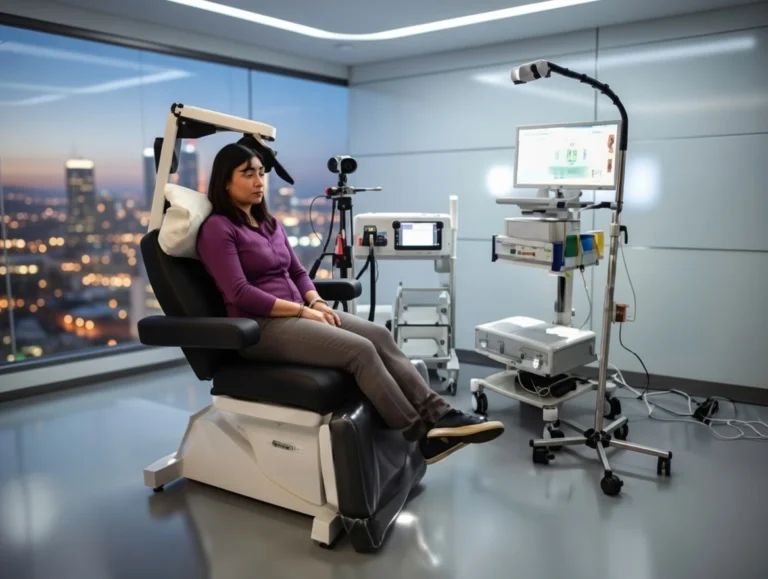
Synchron, a brain-computer interface company, has announced positive results from the COMMAND study, which assessed the safety and efficacy of its BCI device in six participants over a 12-month period.
The results of the COMMAND study were presented today at the 2024 Congress of Neurological Surgeons in Houston, Texas, by Dr. Elad Levy, Co-Principal Investigator of the study and SUNY Distinguished Professor at the Jacobs School of Medicine and Biomedical Sciences at the University at Buffalo.
Conducted at three clinical sites—Mount Sinai Health System in New York City, UB Neurosurgery/Gates Vascular Institute, and UPMC in collaboration with Carnegie Mellon University—the COMMAND study was supported by the NIH BRAIN Initiative. It enrolled six patients with severe chronic bilateral upper-limb paralysis unresponsive to therapy, all of whom received the brain-computer interface (BCI) implant.
All six participants successfully achieved the primary endpoint of no device-related serious adverse events resulting in death or permanent disability during the one-year post-implant evaluation. The study reported no serious adverse events (SAEs) related to the brain or vasculature during the 12-month period.
The study demonstrated that brain signals associated with motor intent could be consistently captured and converted into digital motor outputs, enabling participants to perform various digital tasks. The Stentrode device was successfully deployed in all cases, achieving target motor cortex coverage in an average deployment time of just 20 minutes.
“The COMMAND study results mark a significant milestone in confirming the safety of the Stentrode BCI, with no neurological safety events reported,” said Dr. Levy. “This minimally invasive approach has the potential to scale BCI technology for millions of patients with paralysis and mobility challenges.”
“The users were able to generate Digital Motor Outputs (DMOs)—thought-derived actions translated into digital commands,” said Tom Oxley, M.D., Ph.D., CEO and Founder of Synchron. “Making these DMOs easy to use and stable over time will empower patients with greater independence and autonomy.”
The COMMAND study is the first FDA-approved investigational device exemption (IDE) trial for a permanently implanted BCI, showcasing the Synchron BCI’s safety profile, reliable signal performance, and effective surgical delivery. As an endovascular BCI, this fully internalized system offers long-term signal stability, providing a new avenue for patients to regain functional independence through digital interfaces.
The Synchron BCI is implanted via the jugular vein into the blood vessel on the surface of the motor cortex using a minimally invasive procedure. Once in place, it is designed to detect and wirelessly transmit motor intent, allowing severely paralyzed individuals to control personal devices hands-free.
About Synchron
Synchron is a neurotechnology company focused on developing an endovascular brain-computer interface (BCI) to restore functionality in individuals with severe paralysis. Based in New York City, the clinical-stage company is working on a neuroprosthesis to restore motor signaling, enhancing autonomy for those with motor impairments.




